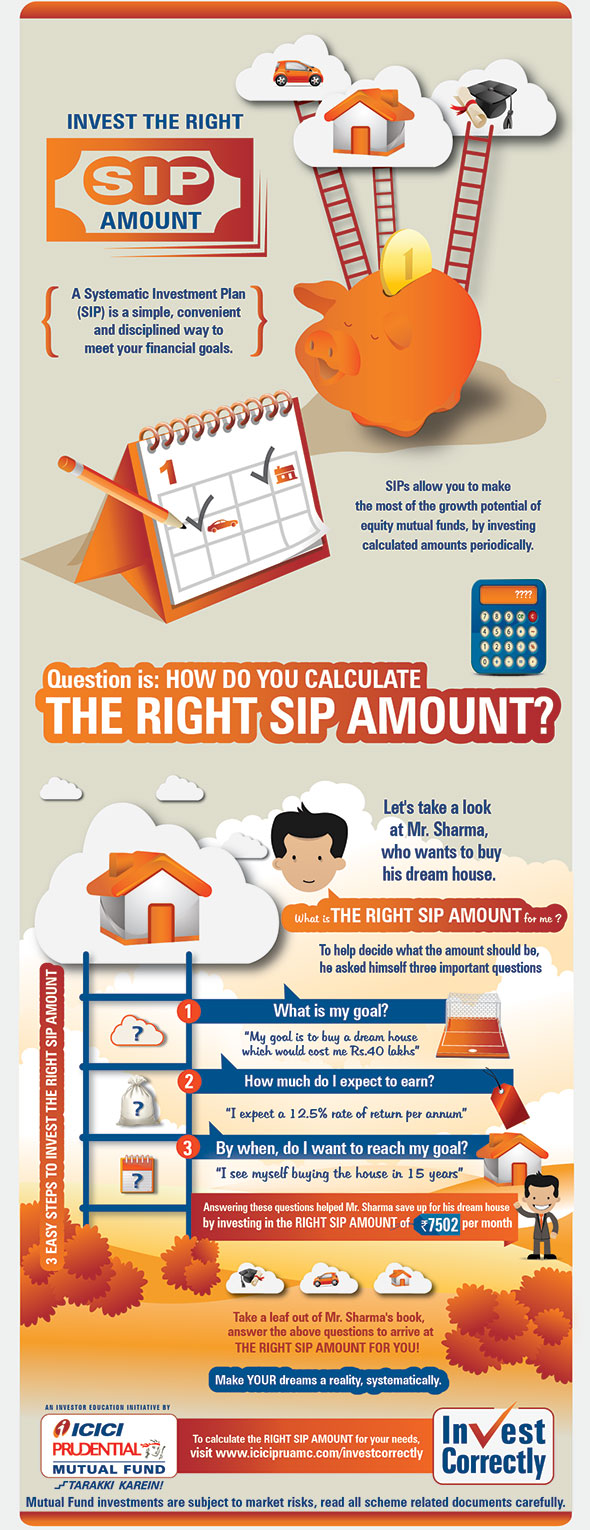The Repercussions Of Failing To Fulfill Performance Bond Commitments
The Repercussions Of Failing To Fulfill Performance Bond Commitments
Blog Article
Web Content Author-
When a guaranty concerns a performance bond, it guarantees that the principal (the event who acquires the bond) will certainly satisfy their responsibilities under the bond's terms. If the principal fails to meet these commitments and defaults on the bond, the guaranty is responsible for covering any kind of losses or problems that result.
1. Loss of online reputation: Back-pedaling a performance bond can harm the principal's track record and integrity, making it harder to safeguard future company or funding.
2. Legal and management costs: The guaranty may need to pay legal and administrative prices connected with pursuing the principal for damages or trying to correct the situation.
3. Economic losses: The surety might need to cover the cost of finishing the job or giving the services that the principal stopped working to deliver. This can cause considerable monetary losses for the guaranty.
4. Increased https://juliusvqjey.snack-blog.com/33810648/surety-bonds-exactly-how-they-protect-customers-and-organizations : If the principal has a history of back-pedaling performance bonds, they may be required to pay higher costs in the future to get the needed bonding.
Generally, back-pedaling an efficiency bond can have significant monetary repercussions for both the principal and the guaranty. It's important for principals to very carefully consider their obligations and ensure they have the ability to fulfill the terms of the bond to prevent these adverse end results.
Back-pedaling an efficiency bond can be an expensive misstep for organizations. When you fall short to meet the bond's obligations, the financial consequences can be significant. From paying the complete bond total up to potential lawful fights and harmed connections, the effects can resound throughout your company procedures. Understanding the complex internet of economic effects that defaulting on a performance bond can have is important for guarding your firm's financial health and track record.
Financial Penalties for Defaulting
If you back-pedal an efficiency bond, you'll likely encounter significant financial penalties. These charges can differ depending upon the regards to the bond agreement but usually entail paying the bond quantity in full to the obligee. This means that if you stop working to satisfy your legal responsibilities, you need to pay the bond amount to the project proprietor or the entity that called for the bond.
Furthermore, you might likewise be responsible for any kind of extra expenses sustained by the obligee as a result of your default, such as locating a replacement professional or covering task delays.
Back-pedaling a performance bond can also lead to lawful charges and court expenses if the obligee makes a decision to take lawsuit against you to recover the bond quantity. These expenses can quickly accumulate, further intensifying the monetary impact of your default. It's essential to carefully review and recognize the regards to the efficiency bond to avoid these severe financial penalties.
Impact on Service Capital
Defaulting on an efficiency bond can dramatically impact your company cash flow, influencing economic security and operational capacities. When you back-pedal a performance bond, you take the chance of shedding the bond quantity, which can be a significant amount. This loss directly impacts your cash flow, as you'll require to find alternate resources of funding to cover the bond amount. In addition, failing can bring about increased analysis from sureties, making it harder and much more pricey to safeguard bonds in the future. This can better stress your cash flow as you might need to assign additional resources to satisfy bonding demands.
The effect on your cash flow doesn't quit there. Defaulting on an efficiency bond can also cause project hold-ups or cancellations, bring about a loss of profits. Furthermore, insurance bond types that comes with failing can hinder potential clients, additionally lowering your capital. On the whole, back-pedaling an efficiency bond can have damaging effects on your business's monetary health and ability to run efficiently.
Lawful Implications and Legal Actions
Encountering lawful implications and potential claims as a result of back-pedaling a performance bond can considerably impact your company's online reputation and monetary standing. When you back-pedal an efficiency bond, the guaranty firm might take legal action to recover the bond quantity paid. This can lead to expensive legal fees, court expenditures, and potential settlements or judgments versus your company.
Furthermore, defaulting on an efficiency bond might lead to damaged connections with clients, subcontractors, and distributors, affecting your capacity to protect future agreements. Suits emerging from bond defaults can stain your service's reliability in the industry, making it challenging to attract new partners or consumers.
Additionally, if the default brings about a court judgment versus your business, it can cause possession seizure or liens, even more stressing your monetary stability. For that reason, it's critical to recognize the legal implications of defaulting on an efficiency bond and take positive actions to mitigate the risks entailed.
Conclusion
As you face the repercussions of defaulting on an efficiency bond, remember this: it resembles walking a tightrope without a safety net. One wrong relocation can send you plunging right into a monetary freefall, without way to stop the fall.
The punitive damages, cash flow impact, and legal ramifications are all waiting to capture you if you blunder. So walk meticulously, and always recognize your dedications to avoid the rough repercussions of default.
